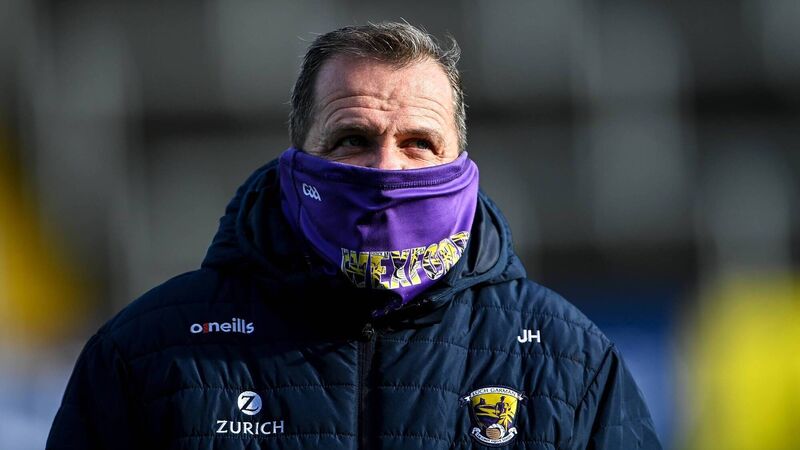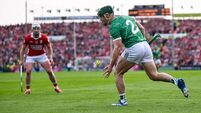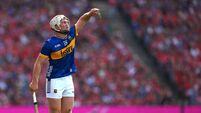Dr Ed Coughlan: Davy Fitzgerald and knowing when the less said is better

Wexford manager Davy Fitzgerald's latest altercation has seen him receive a two-match sideline ban, for all the good it will do him, as he has sworn to never change his ways. And why should he? Well, from a performance perspective, there may be a few good reasons for him to consider doing so. Picture: Piaras Ó Mídheach/Sportsfile











